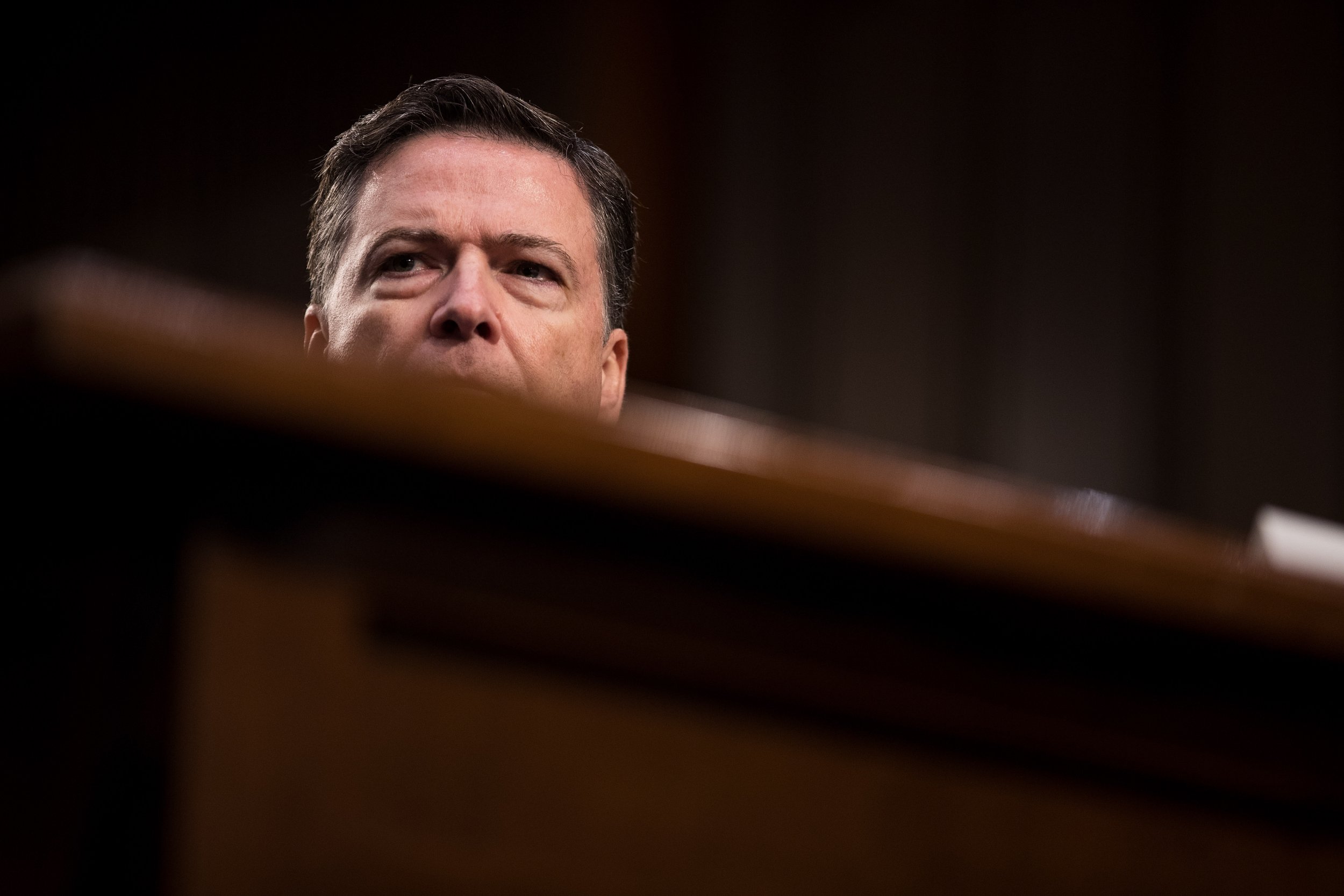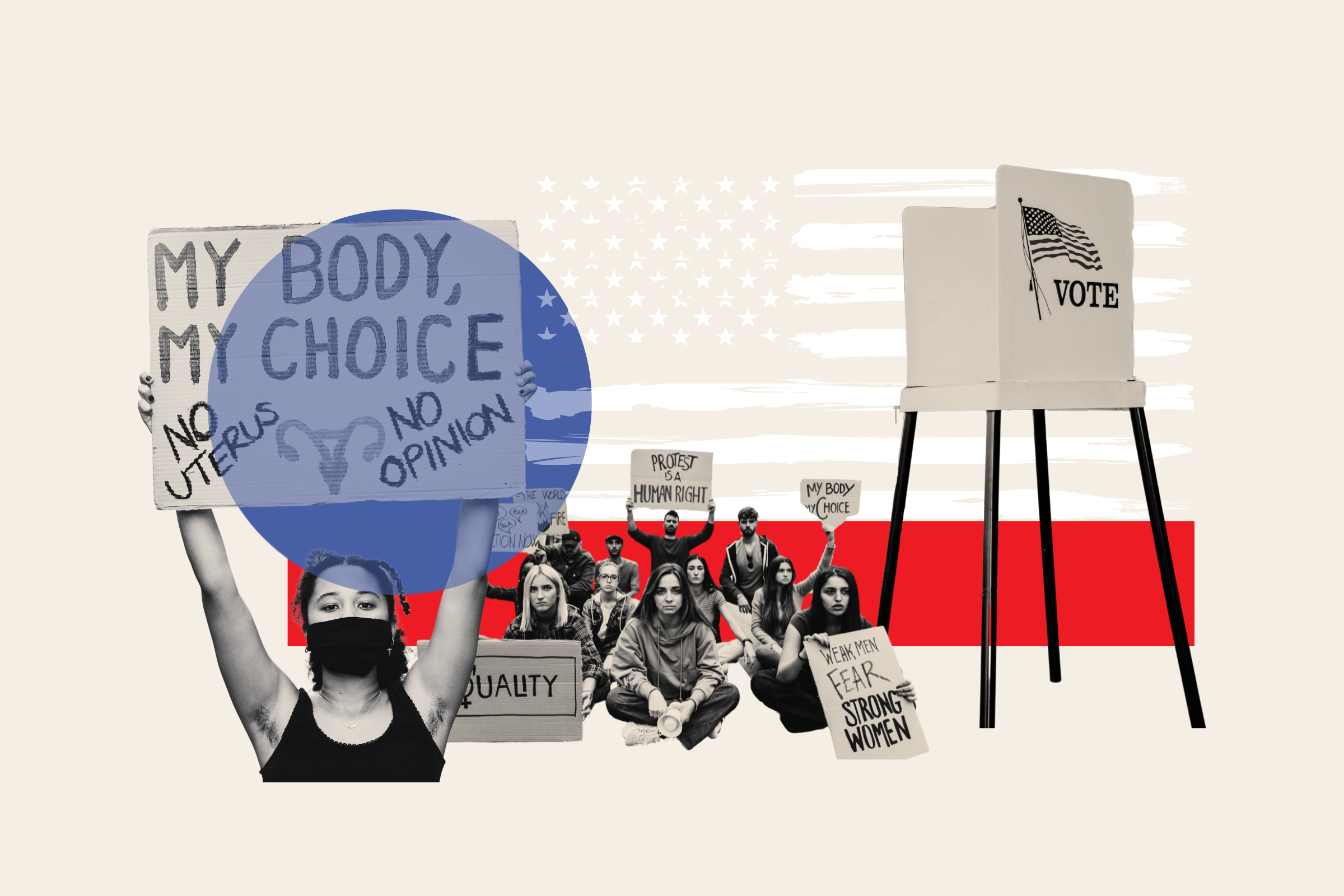
Updated | While James Comey was FBI director, he began drafting a statement about the bureau's investigation into Hillary Clinton's use of a private email system long before the probe was completed, according to Senator Chuck Grassley, chairman of the Senate Judiciary Committee, and Senator Lindsey Graham, a committee member. The committee is investigating President Donald Trump's firing of Comey on May 9.
In July 2016, Comey said during a press conference that he would not be recommending the Department of Justice pursue charges against Clinton. But in a letter to new FBI Director Christopher Wray on Wednesday, which the committee made public on Thursday, Grassley and Graham wrote that according to information from the United States Office of the Special Counsel, "in April or early May of 2016, Mr. Comey had already decided he would issue a statement exonerating Secretary Clinton. That was long before FBI agents finished their work. Mr. Comey even circulated an early draft statement to select members of senior FBI leadership."
Related: New FBI Director Chris Wray sworn in quickly and quietly
Grassley and Graham cite portions of conversations the Office of the Special Counsel had with witnesses as part of its investigation into Comey's actions as director. At one point, the office asked a witness—who Grassley and Graham said they believed was Jim Rybicki, the FBI chief of staff and senior counselor to the director—about the origins of Comey's July 2016 statement about Clinton. The witness responded, "Sometime in the spring...the director emailed a couple of folks.... He sent a draft around of, you know, what it might look like."
Another witness—who Grassley and Graham said they believed was Trisha Anderson, the principal deputy general counsel of national security and cyberlaw—told the Office of the Special Counsel that he or she first learned in May 2016 that Comey planned to make a public statement about the outcome of the Clinton probe, and that it was at that time "that the director himself wrote a draft of that statement."
Grassley and Graham noted that as of early May, the FBI had not yet interviewed 17 people in connection with the case, including Clinton. "Conclusion first, fact-gathering second," the senators wrote. "That's no way to run an investigation." They asked Wray to provide certain documents to help the Senate Judiciary Committee in its inquest into Trump's firing of Comey.
Comey's July 2016 press conference about Clinton elicited widespread criticism from politicians and veterans of the Justice Department, who said the move violated department traditions and norms. They criticized Comey again last October, when shortly before the presidential election, he wrote to Congress to say agents had found new evidence in the completed emails case.
In May, Deputy Attorney General Rod Rosenstein cited those unusual disclosures in a memo to Trump about Comey. When Trump fired Comey on May 9, the president initially cited the Rosenstein memo, though he later indicated he removed Comey in part because of the ongoing FBI investigation into Russian meddling in the 2016 presidential election and possible coordination with the Trump campaign. Opponents of the president have alleged that his removing Comey was obstruction of justice.
Asked on Thursday about the details in the Senate Judiciary Committee letter, White House Press Secretary Sarah Huckabee Sanders told reporters she did not think Trump knew about the information, but that the findings would probably further solidify his decision to fire Comey.
The Office of the Special Counsel involved in the Comey matter is separate from temporary Special Counsel Robert Mueller, who is overseeing the FBI investigation into Russia's election meddling.
This article has been updated to reflect that Senator Lindsey Graham also signed the letter about James Comey.
Uncommon Knowledge
Newsweek is committed to challenging conventional wisdom and finding connections in the search for common ground.
Newsweek is committed to challenging conventional wisdom and finding connections in the search for common ground.
About the writer
Max Kutner is a senior writer at Newsweek, where he covers politics and general interest news. He specializes in stories ... Read more





